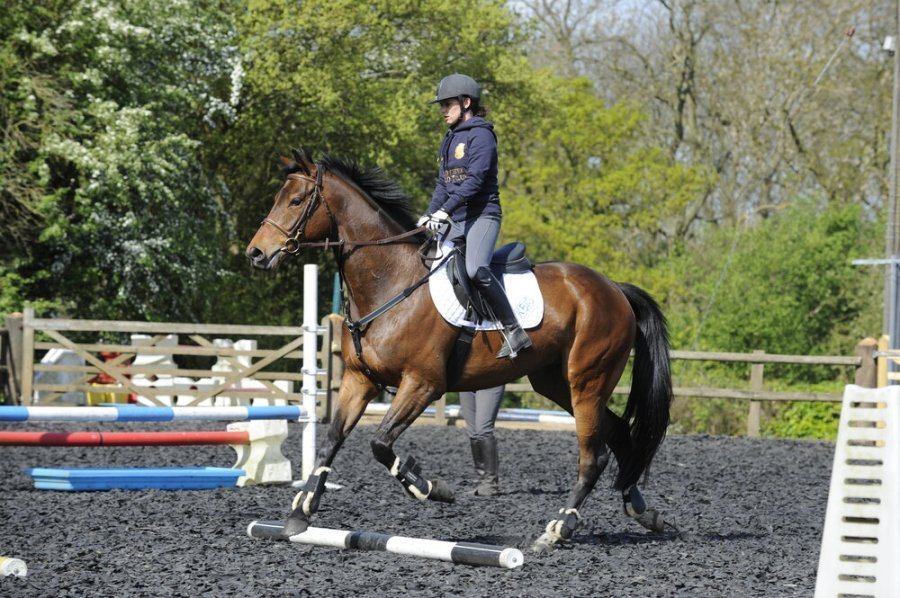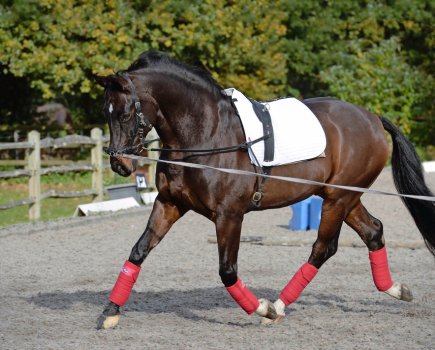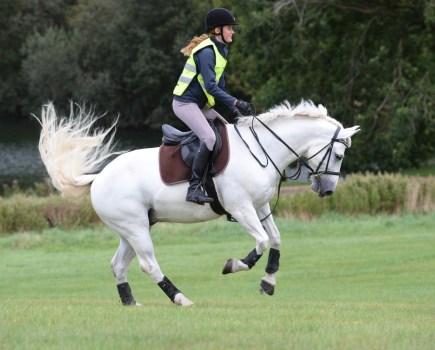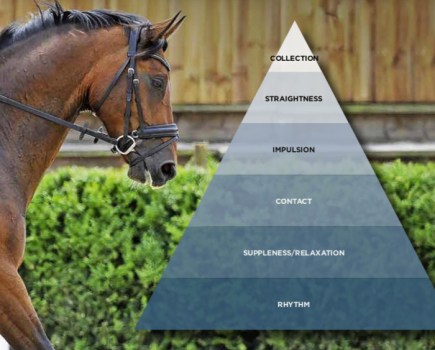Have you ever felt that you aren’t good enough for your horse? Or perhaps you feel unworthy and outclassed when you get to a competition even if, when you think about it rationally, you’re just as good as all the rest? You could be suffering from self-doubt, which quickly erodes confidence.
Self-doubt can be kick-started by all manner of elements, and they don’t have to be horse related. People who have a troubled childhood can be racked by self-doubt; perhaps a succession of critical equestrian coaches has eroded their self esteem; or maybe a series of falls has left them with few feelings of self-worth in the saddle.
“Self-doubt is a limiting belief that occurs when the mind gathers enough ‘evidence’ to turn it into a belief,” says Tracey Cole. “The mind can collect this ‘evidence’ over time until, due either to cumulative effects or perhaps a major one-off incident, a threshold is crossed and that person will then say, ‘I’m just not good enough’.
“Once someone feels this way, it’s very difficult for them to believe in themselves again, even if they have people around them who are telling them how great they are.
“I had one client who went up the levels in dressage until she was competing against some big names, and this brought on self-doubt; a feeling that she didn’t have a right to be there.
“Another rider began having massive self-doubt when she moved her horse from a professional yard to her own base. The move gave this horse more joie de vivre, and turned him into a more forward (but not an unsafe) ride, and suddenly this lady began to think: ‘I can’t ride him’ and also ‘I’m not deserving of him’.
“However, by using specific questioning techniques related to these situations and what was ultimately flimsy ‘evidence’, both riders managed to move on and overcome their self-doubt. All is certainly not lost for riders suffering from self-doubt, and with professional help they can invariably move forward.”
For anyone wanting to conquer these debilitating feelings of self-doubt, try Tracey’s two simple exercises.
Exercise 1: Questioning the doubt
- Identify your self-doubt statement. This may be something you tell yourself about your riding, but which your instructor, friends or partner may argue against.
- Divide your page into two.
- In the first column, write down any ‘evidence’ that you have for your self-doubt (empty out all your thoughts and memories that support the self-doubt).
- For each piece of evidence, write a counter example in the second column from when you rode well.
- As you think about each piece of evidence in turn, picture a scene that encapsulates this evidence. Watch yourself in the picture and ask yourself: ‘How could my mind have distorted my self-belief?’
- Do the same as step five, but this time distance yourself even more by imagining you’re a butterfly way above the scene and you’re watching yourself in the picture. Ask: ‘How could their mind have distorted their self-belief like that?’
- If there are any pieces of evidence that seem more stubborn than others, ask yourself: ‘What positives can I learn about myself from this?’
Exercise 2: Using peripheral vision to gain insight
- Practise going into peripheral vision by extending your arms out to your sides at shoulder height. Now wave your fingers slowly. Can you see your fingers? Aim to go into the widest comfortable vision for you. For the rest of the exercise, there’s no need to have your arms out!
- While you are in peripheral vision, ask your mind: ‘What is there to learn that will eliminate this self-doubt?’ Click your fingers or clap your hands.
- Give yourself a few moments for a word, picture, or phrase to come to you. If nothing does, that’s fine, it will come later.
- Repeat steps two and three until you have the insight to break down this belief.
Meet the expert: After overcoming her own riding confidence issues using NLP, Tracey Cole started a mindset and mental performance business in 2013. She is a trainer and master coach of neuro-linguistic programming (NLP) and hypnotherapy, specialising in equestrianism. She runs training and coaching sessions via Zoom from her home in the Staffordshire Moorlands. An avid horse lover, she owns two mares.
Check out our subscription offer








